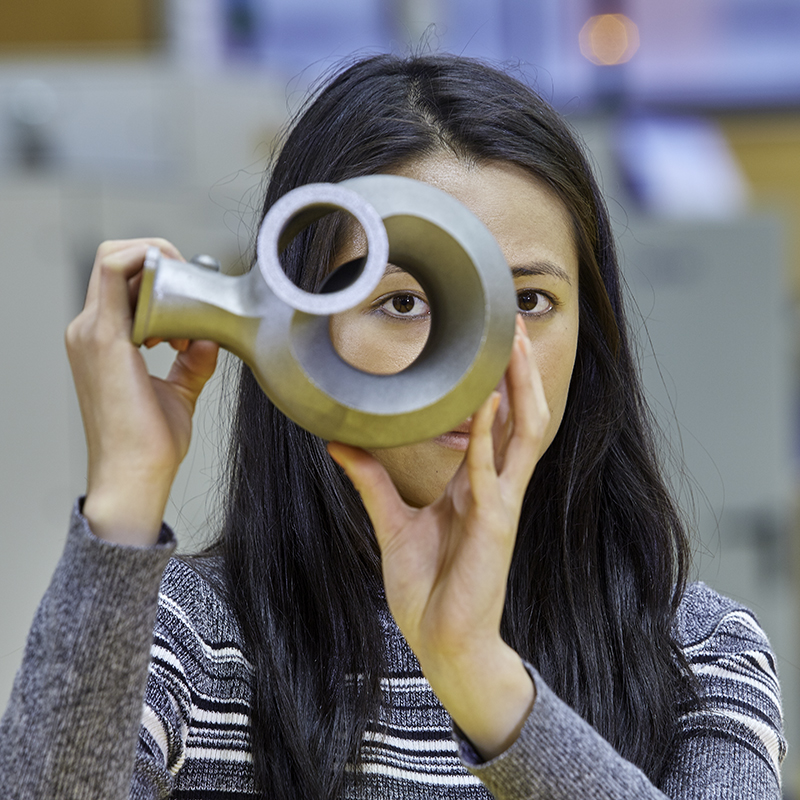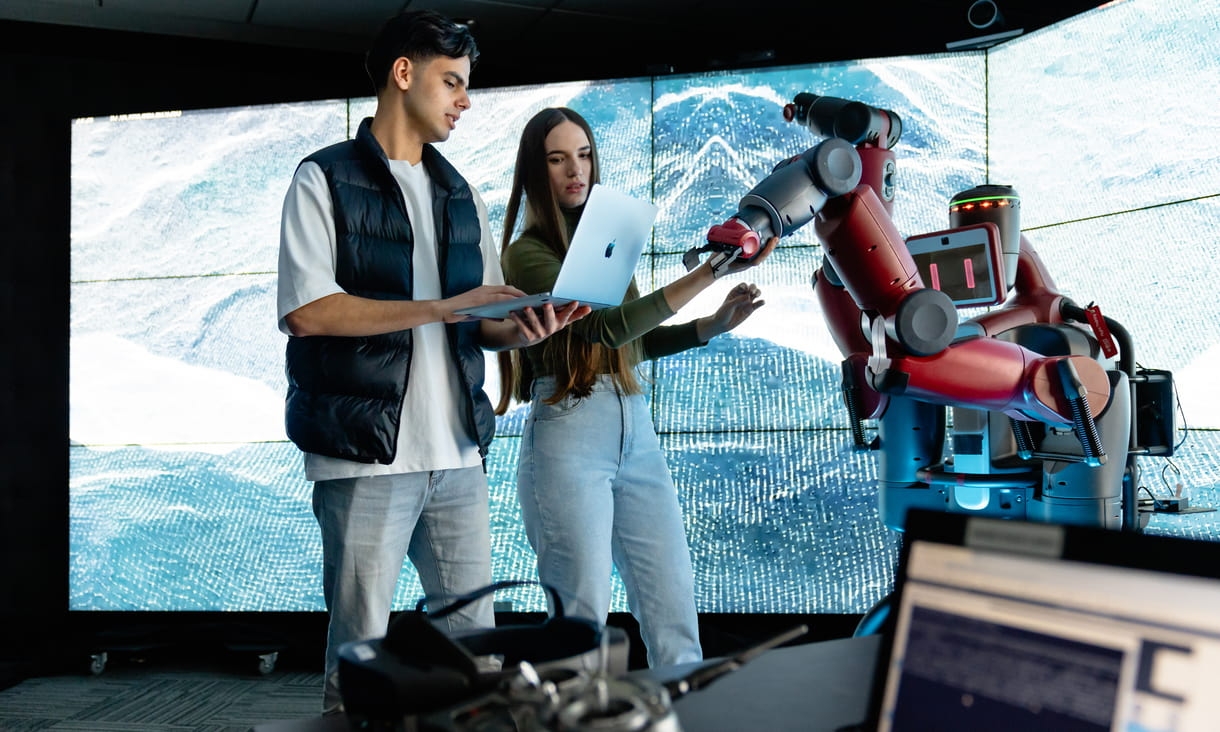Final year engineering students undertake a Capstone Project with industry that provides an authentic problem solving engineering experience.
Opportunities that enable student teams to directly interact with industry as potential employers are highly regarded and encouraged.
All projects must offer realistic, challenging, yet achievable engineering problems for teams of students, and must add real value to existing, anticipated or simulated problems in industry.
Industry partners working with students are exposed to potential future employees while they collaborate on the project.
Additionally, the Capstone Project provides a real and focused problem solving opportunity from an external perspective, which is complemented by the resources of the University. Furthermore, it creates a sustainable relationship that may lead to ongoing and larger-scale R&D collaborations.
For further information for industry
Industry Engagement Team
STEM College
Email: STEM-Industry@rmit.edu.au
For further information for current students
Please submit a request via the RMIT Student Connect portal
 Students deliver a tangible outcome, usually a physical product, to solve a real world problem.
Students deliver a tangible outcome, usually a physical product, to solve a real world problem.
Please note, the capstone project proposal form is only for industry proposing a project idea. If you are a student, please submit a request via the RMIT Student Connect portal.

RMIT Engineering projects contributing to a better world
From improving vaccine storage in remote areas to monitoring the safety of water sources, RMIT’s engineering students are solving real-world challenges and creating a more sustainable future.
Capstone Project FAQs
What is the duration of a Capstone Project?
Capstone Projects run for an academic year.
Projects commence at the start of Semester 1 (end of February) and finish at the end of Semester 2 (end of October).
When do we need to submit a project proposal?
The deadline for project submissions is one month prior to the commencement of semester.
We strongly advise determining projects towards the end of the preceding year, for students to consider them early and for industry to complete any legal or administrative documents that may arise.
What are the preferred project deliverables?
Delivery of a tangible outcome is expected, preferably a physical product.
It is recognised, however, that some projects may result in the delivery of a numerical model or the presentation of a well modelled and tested process.
What happens once we submit a project proposal?
Your project will be shared with academic supervisors in the School of Engineering. Once an academic supervisor has agreed to take on your project, they will contact you for initial discussions before advertising your project to students.
Students submit an expression of interest for available Capstone Projects. You can negotiate with the academic supervisor how students are selected to undertake your project.
Once students are selected, a Work Integrated Learning (WIL) Agreement must be signed by the industry partner, RMIT and each student involved in the project.
The academic supervisor, industry partner and students meet at the start of the semester to discuss the project topic and deliverables.
If we propose a project and guide the students through it, who owns the intellectual property (IP)?
Prior to any collaboration, RMIT and the industry partner will sign a Work Integrated Learning Agreement. This contract states that IP will remain with the industry partner, other than for the purposes of the students being assessed. A template of the WIL Agreement can be sent to industry partners for their review.
What is the expected contact time between students and industry?
Students are expected to meet with their academic supervisors for at least an hour a week.
It is suggested that an industry partner would meet students for project milestones, which would occur once a month. However, industry partners are welcome to attend as many project team meetings as they wish, and are able to.
Will these projects be showcased at EnGenius? What is EnGenius?
EnGenius is an annual design showcase held by the School of Engineering, where final year students present their Capstone Projects. The event is a fantastic opportunity for students to network with industry representatives, and for industry to connect with future graduates.
Find out more about EnGenius.


